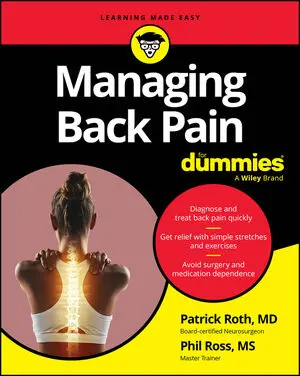A concussion is a brief loss of awareness or brain functioning after a head injury (such as a blow or fall). Some people can have a concussion and not even realize it. Others suffer a syndrome of symptoms that can last many weeks.
Although most concussions heal on their own, it’s important to know the symptoms of these head injuries — and which ones are serious enough to warrant taking a trip to your doctor’s office.
Transitory confusion and amnesia are the two most common symptoms of a concussion. Often the amnesia is limited to not being able to remember how the concussion occurred. In some cases, the head injury will cause a person to black out, but this loss of consciousness usually doesn’t last for more than 15 minutes.
You need to see your doctor right away if you’ve recently hit your head and are experiencing any of the following:
Dizziness or a lack of balance
Loss of taste or smell
Nausea or vomiting
Persistent headache
Prolonged memory loss
Ringing in the ears
Slurred speech
Vision or eye disturbances, including pupils that are bigger than normal, or one pupil that is bigger than the other
Although a concussion is considered a mild brain injury, it’s nothing to take lightly. Your brain needs time to heal from whatever caused the concussion.
Post-concussion syndrome occurs when concussion symptoms last for several days or weeks after the concussion occurs. Along with the symptoms listed above, a person suffering from post-concussion syndrome might also experience
Anxiety
Depression
Fatigue
Insomnia
Irritability
Lightheadedness
Sensitivity to light and noise
Trouble concentrating
Although these symptoms usually go away within a week or two, they can last for several months, or even as long as a year.
Although scientists are still searching for the exact reason why, they do know that if you’ve had a concussion in the past, you’re more likely to have another one. This is especially true if you didn’t allow your brain enough time to heal from the last injury.






